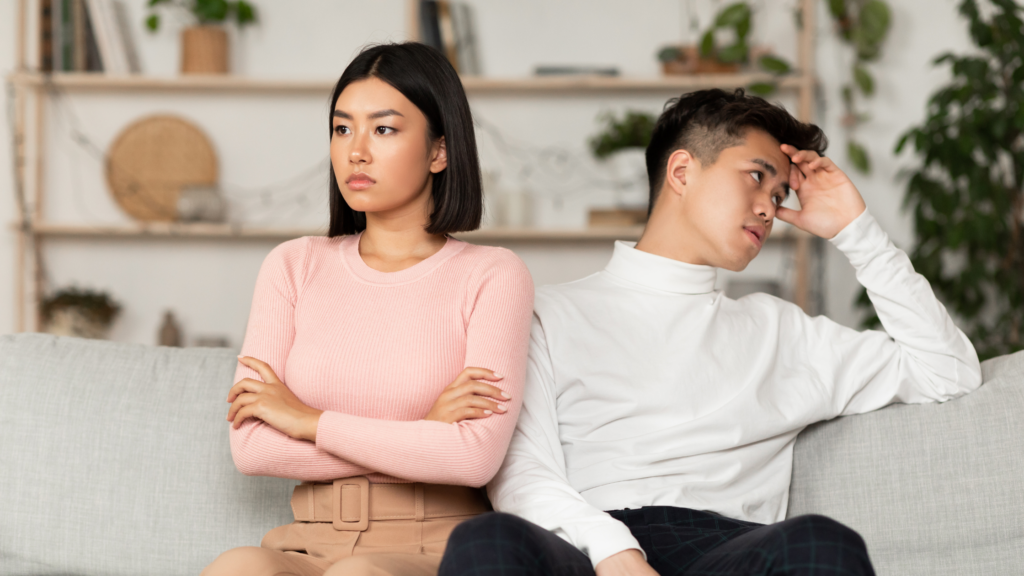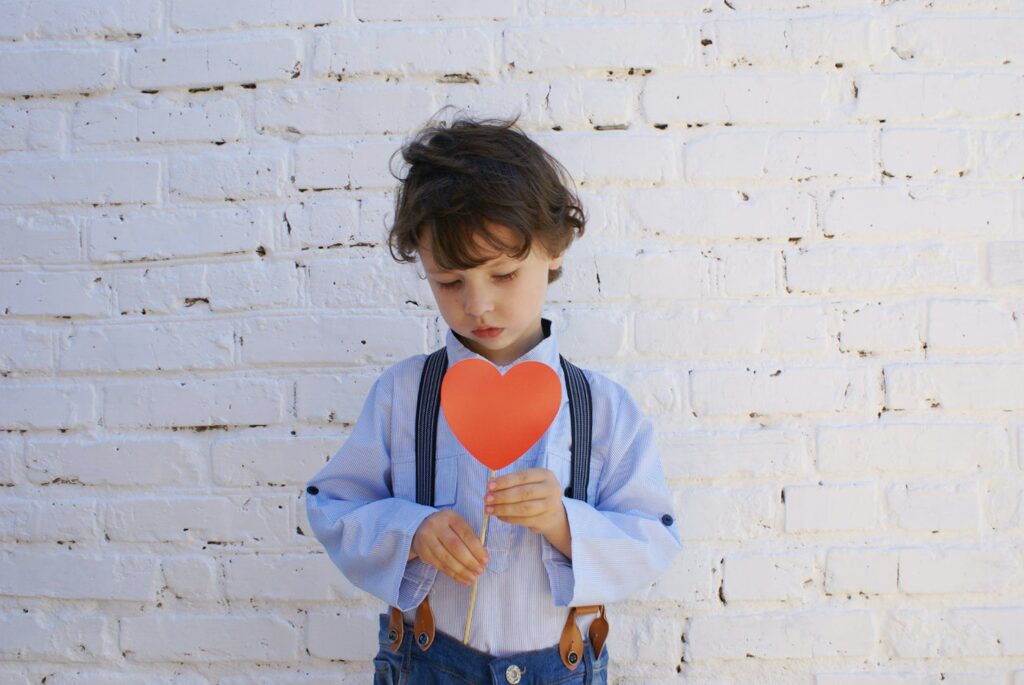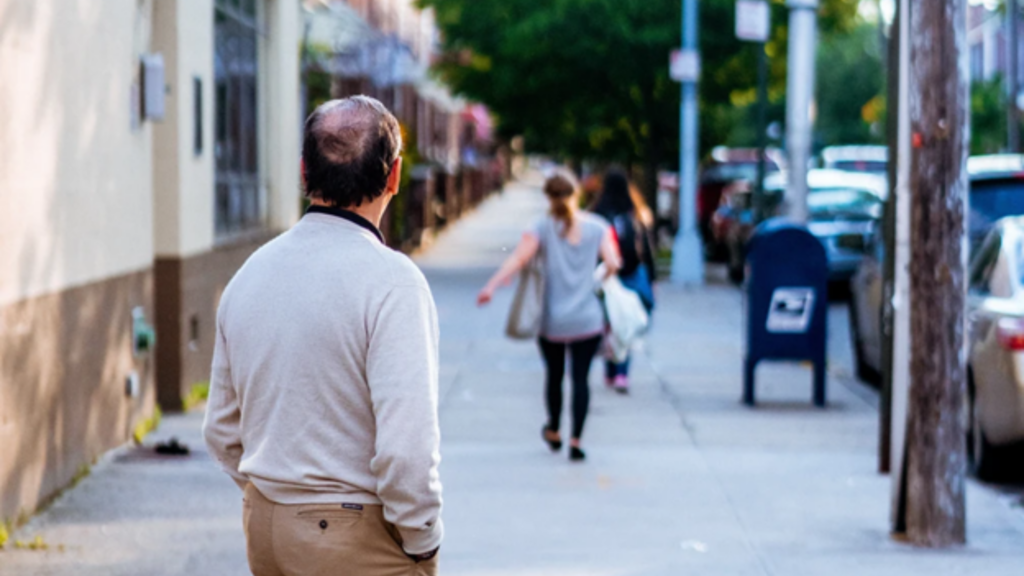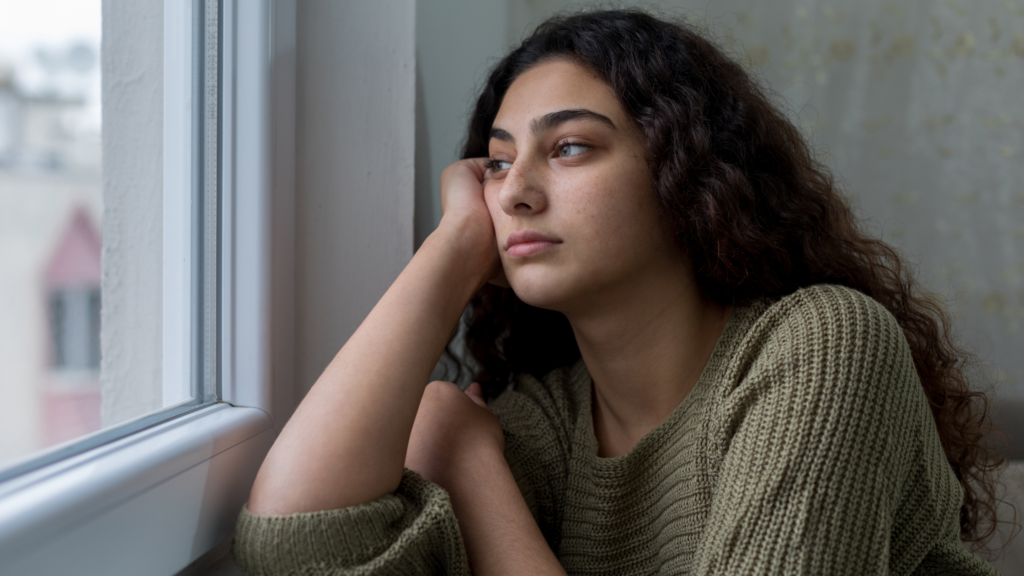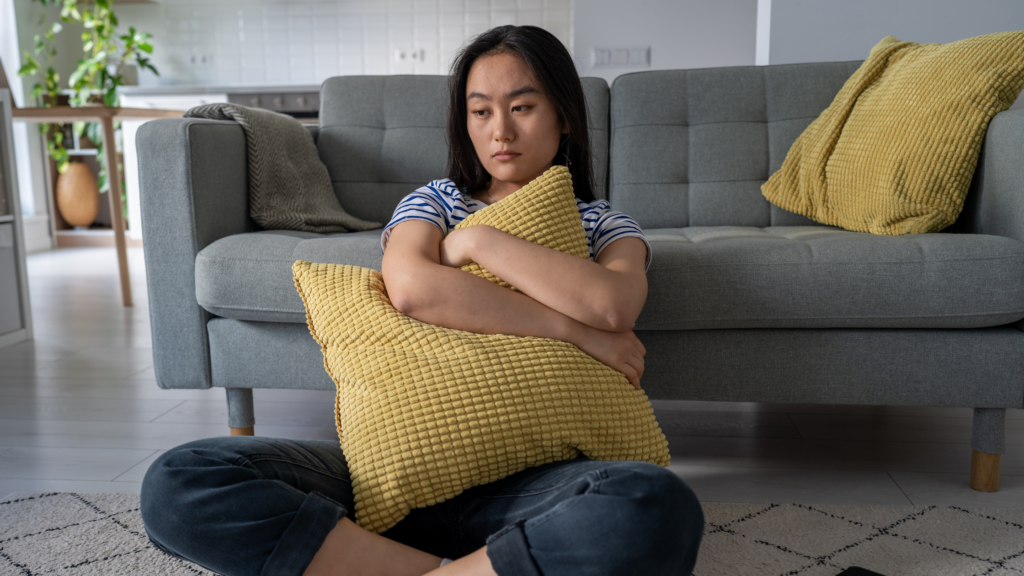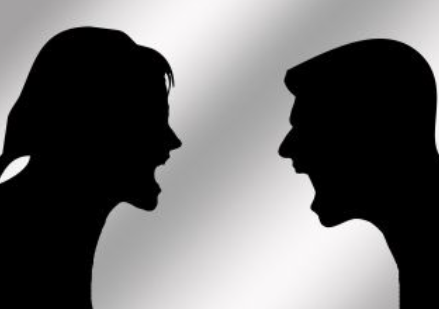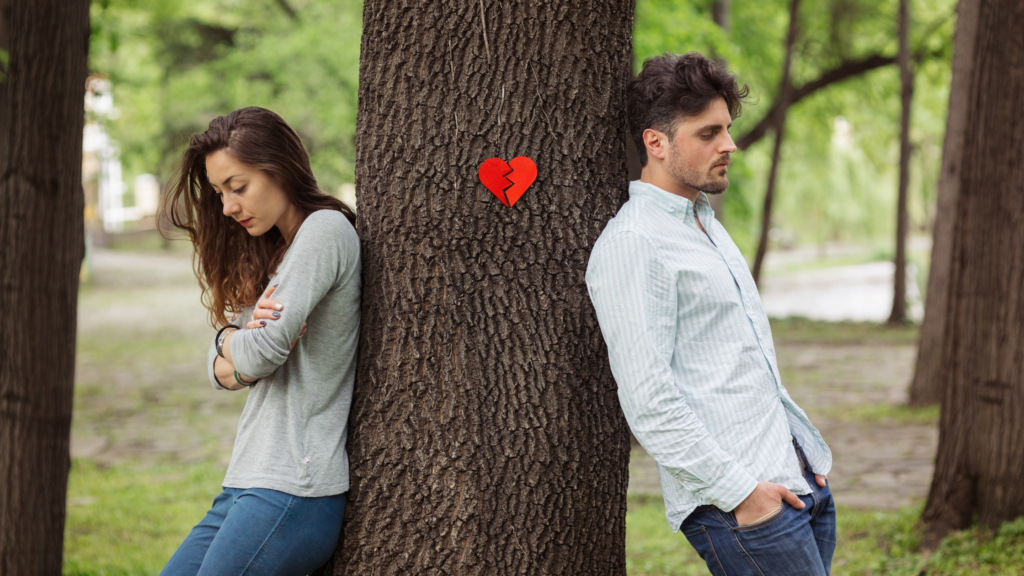Naked Truth Blog
The Naked Truth blog explores our very natural human tendency to lie and its effect on our relationships. This includes how self-deception influences our romantic partnerships, friendships, family dynamics, eating and body image, interaction with diverse cultural groups, and our relationship to ourselves. For it’s only when we become aware of our self-deceptive tendencies that we can challenge them and powerfully emerge into more authentic selves.
You can read it here or on Psychology Today.
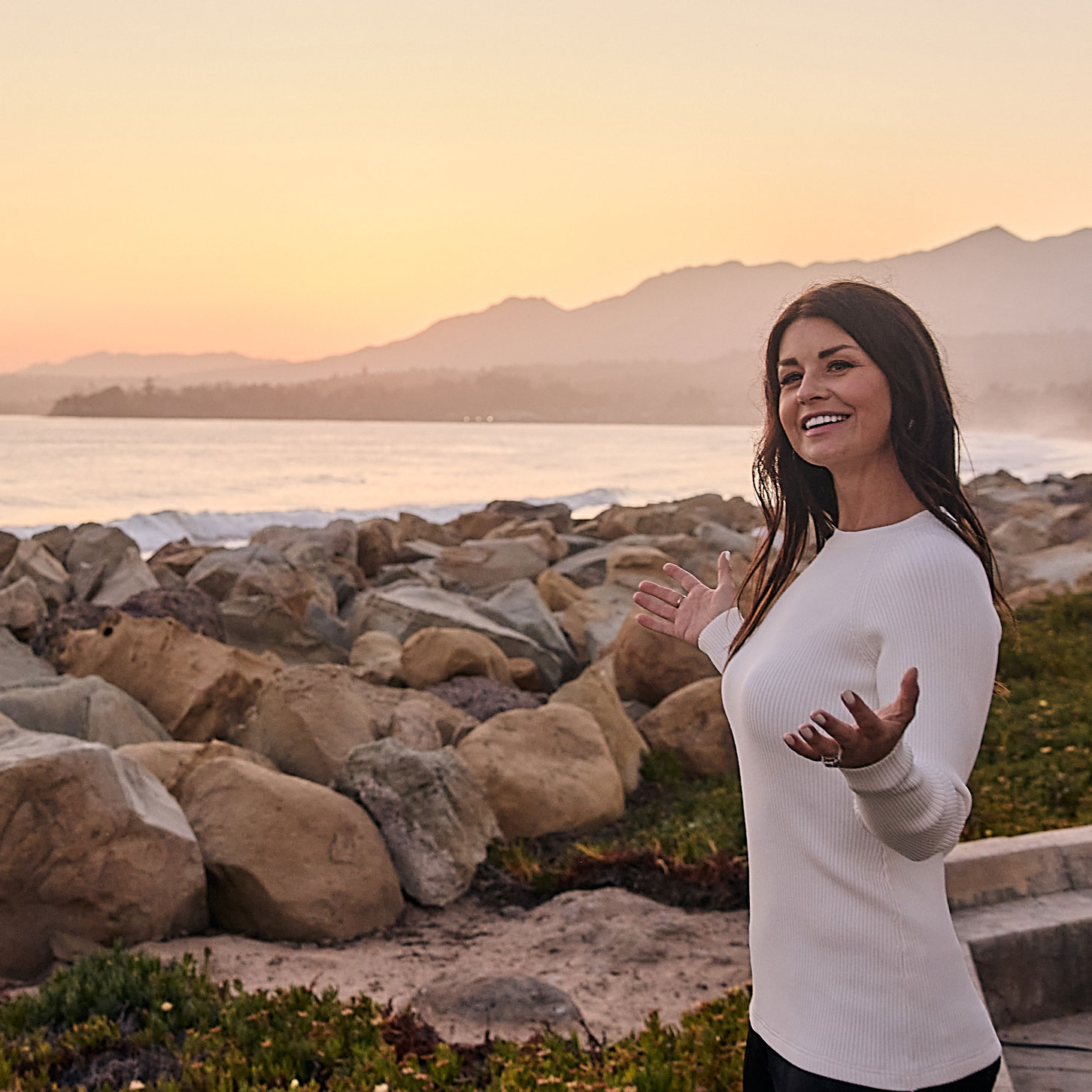
Naked Truth Blog
"The Naked Truth explores how your ability to be honest with yourself affects your life. Although the topics I explore vary widely, the aim of the blog is to explore how honest self-awareness and understanding are key to your life fulfillment. For only when you are honest with yourself can you change."
You can read it here or on Psychology Today.

